- Binding : Hardbound
- Publisher : Delhi Law House
- Author : Iyer
- Edition : 7th Edition Reprint 2024
- Language : English
- ISBN-10 : 9789388918107
- ISBN-13 : 9789388918107
DLH’s Law on Contempt of Courts by Iyer – 7th Edition Reprint 2024
₹4,195.00 Original price was: ₹4,195.00.₹3,146.00Current price is: ₹3,146.00.
DLH’s Law on Contempt of Courts by Iyer – 7th Edition Reprint 2024.
10 in stock
DLH’s Law on Contempt of Courts by Iyer – 7th Edition Reprint 2024.
DLH’s Law on Contempt of Courts by Iyer – 7th Edition Reprint 2024.
Description :
Anything that curtails or impairs the freedom of limits of judicial proceedings must of necessity result in hampering of the administration of Law and in interfering with the due course of justice. This necessarily constitutes “Contempt of Court” Oswald defines contempt to be constituted by any conduct that tends to bring the authority and administration of Law into disrespect or disregard or to interfere with or prejudice parties or their witnesses during litigation. Halsbury defines contempt as consisting of words spoken or written which obstruct or tend to obstruct the administration of justice. Black Odgers enunciates that it is contempt of Court to publish words which tend to bring the administration of Justice into contempt to prejudice the free trial of any cause or matter which is the subject of civil or criminal proceeding or in any way to obstruct the cause of justice
Article 19(1)(a) of the Constitution gives the right of freedom of speech and expression to all citizens and this freedom of speech can legitimately be subjected to reasonable restriction on the ground of contempt of Court But Articles and 215 gives the power of contempt of Court to the higher judiciary, and this power limits the freedom granted by Article 19(1)(a). The definition of contempt is elastic, open to subjective interpretation and the process is complex with the Court acting as the complainant, prosecutor and Judge rolled into one.
The Contempt of Courts Act, 1971 prohibits any reporting or comment which would prejudice or interfere with the course of the judicial process, Another type of criminal contempt involves scandalising the Court by remark that tends to lower the authority of the Court. It is fair to criticise any order, direction or judgment even in harsh words. However, allegation of corruption, bias, nepotism or any statement relating to non-legal reasons including ideological orientation invites the wrath of contempt jurisdiction.
Section 2(a) of the Contempt of Courts Act, 1971, defines contempt of Court as civil or criminal contempt. It is generally felt that the existing law relating to contempt of courts is some what uncertain, undefined and unsatisfactory. The jurisdiction to punish for contempt touches upon two important fundamental rights of the citizens, namely, the right to personal liberty and the right to freedom of expression.
In a latest case which made headlines-In re Prashant Bhushan and Anr., Suo motu Contempt Petition (Cri.) No.1 of 2020 decided on 31st August, 2020 (Popularly known as the Prashant Bhushan case) the Apex Court refused to consider the averments in the affidatin reply het by Mr. Prashant Bhushan The averments made several allestions both retired and sitting Judges. Court held that freedom of youth ores freedom to make fair criticism but some cannot be stretches on scandalous and malicious attack made by Mt Bhushan on judges judiciary. It held that pendency of other content proceedings had to bearing on the question of sentence in the presente Coordineren on to hold that criticism in the media could not influence is de making process. It was open for the Court to debar M. Bhushan from practicing. Lately, it had not coerced Mr Bhushan to tender to He was advised by the attorney to express regret and withdraw the allegation made in the affidavit in reply which was Rally the time However showing magnanimity Court sentence Mt Bhushan * nominal fine Rs. One.
Iyer’s “Law on Contempt of Courts” needs no prior introductions is considered as a welcome source of dependable and exhaustive treatise on the subject by the Bench, Bar and the public alike.
The present revised edition is being presented to our stores and learned readers with the objective of reviewing the changes introduced in the topic as a result of digitalization, online proceedings, social networking sites and the pandemic Covid-19. Every effort has been made to bring the subject made upto date without disturbing the basic layout of the booklet which the book has won allocates. The case law has been brought up date and obsolete and redundant subject matter has been called to provide case to the busy renders.
To err is human. In spite of best care and caution there is always & chance that errors or omissions may have crept in for which the readers would kindly bear with us. In case of any discrepancy noticed they can be brought to our knowledge which would be rectified in the next edition On a parting note it is hoped that the book would be found useful by the Bench, Bar and all those who are concerned with this Branch of law.
Details
| Publisher | |
|---|---|
| Language | |
| Author |
Be the first to review “DLH’s Law on Contempt of Courts by Iyer – 7th Edition Reprint 2024” Cancel reply
Related products
Cross Examination
KP’s Law of Witnesses by Dr. Abhishek Atrey – 1st Edition 2024
Mahomedan Law
Bharatiya Sakshya Adhiniyam
Lexis Nexis The Law of Evidence (Paperback) by Ratanlal & Dhirajlal 27th Edition August 2019
Criminal Investigation
Lexis Nexis’s Criminal Law by P S A Pillai – 15th Edition 2023


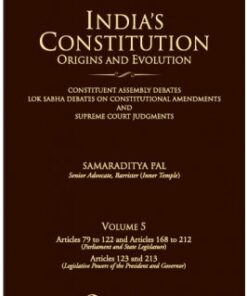
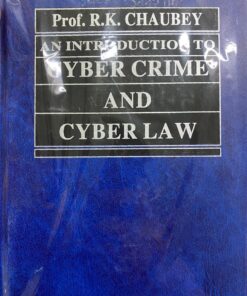
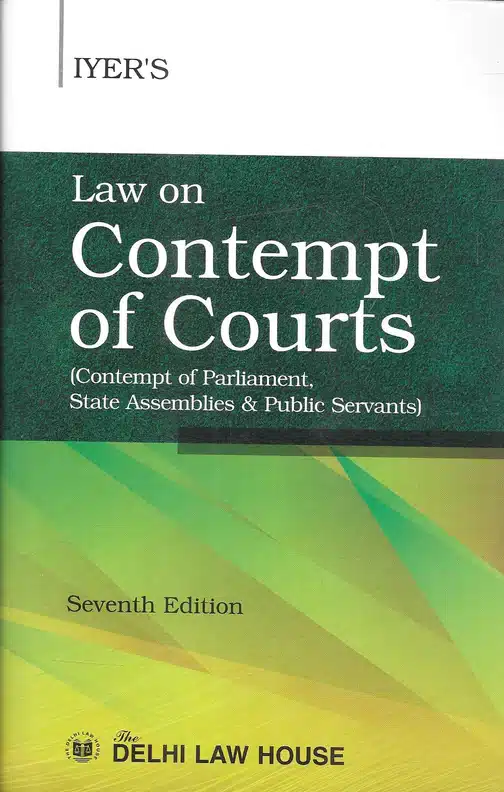
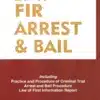
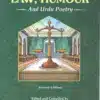
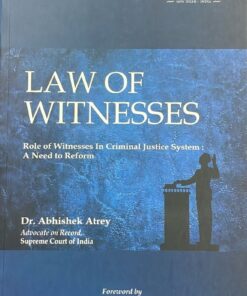
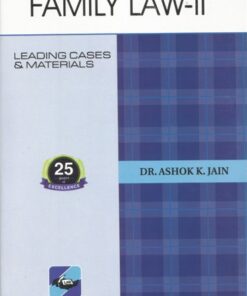
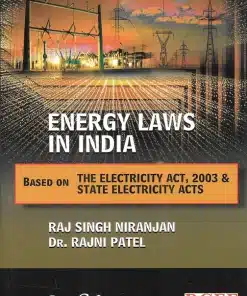
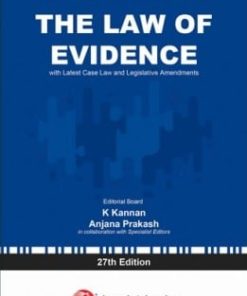
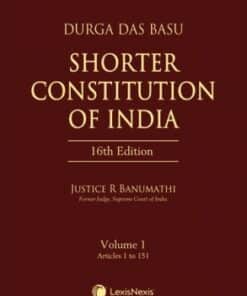
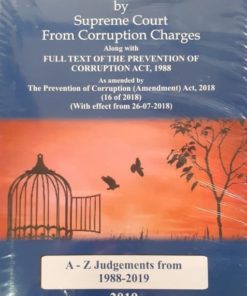
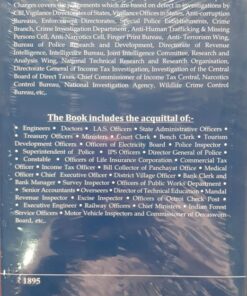
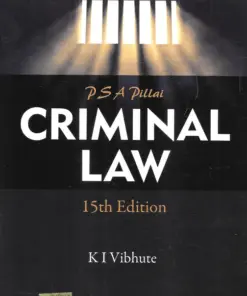
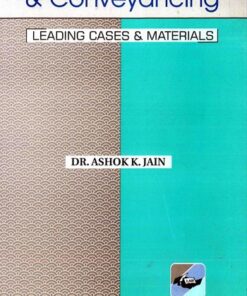
Reviews
There are no reviews yet.